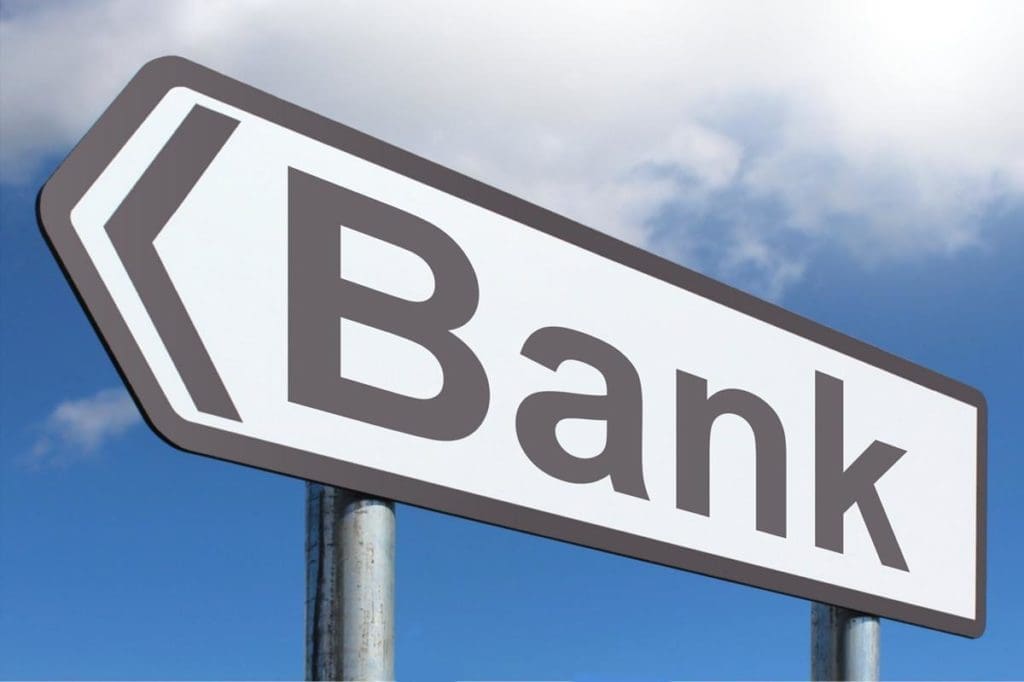
First, we had Varo. Then came Square. More recently SoFi, then Figure, now Oportun is joining the party. Let’s not forget LendingClub who are going the acquisition route and Jiko have done the same. Robinhood have toyed with the idea and Revolut is thinking about it. All these fintech companies want to become fully regulated banks.
Varo was the first one off the mark and were fully approved earlier this year. It was a long three-and-a-half-year process, but they have paved the way for other fintech companies seeking a full national bank charter. Square went the ILC route and they were also approved this year. SoFi has received conditional approval just last month from the OCC for their national bank charter.
Figure announced their charter application just a couple of weeks ago and we had an absolutely fascinating session yesterday on LendIt Fintech Digital with Ashley Harris, the General Counsel of Figure speaking with Michele Alt of the Klaros Group. Figure’s application is somewhat unique in that they are applying for a national bank charter with the OCC but not the FDIC as they will not be taking deposits directly. Ashley went into some detail on the reasoning here and how Figure Bank will operate.
Now, yesterday we heard the news that Oportun will be the latest company to apply for a national bank charter. In a blog post penned by CEO Raul Vazquez he shared the thinking here:
A national bank charter will allow us to reach all of the estimated 100 million low-and-moderate income (LMI) consumers in the U.S. that we seek to serve. Currently, Oportun maintains dozens of state licenses in order to offer affordable and responsible financial services to LMI communities. As a national bank, we can efficiently provide the security of dealing with a federally regulated and supervised bank to our customers and other stakeholders.
This is a theme we are hearing from many companies. Maintaining dozens of state licenses makes little sense when you are trying to serve consumers nationwide. Even for companies like Oportun, that operate hundreds of brick-and-mortar locations as well as offer loans online, they see the benefit in a national charter.
Fintech Charter Anyone? Anyone?
I have been following the fintech charter ever since former OCC head, Thomas Curry, proposed the idea back in December 2016. Since formally introducing the fintech charter in 2018 there has been significant pushback with multiple lawsuits and a federal judge ruling a year ago that the OCC does not have the authority to issue bank charters to non-banks.
Acting Comptroller, Brian Brooks, has openly challenged this argument and has proposed having potentially multiple special purpose charters issued by the OCC. He said at LendIt Fintech USA a few weeks ago that as fintech has unbundled banking there could be a payments charter as well as one for lenders. With 38% of lending being done outside the banking system Brooks thinks it would be better for consumers if banking regulators supervised more of the total lending pie.
But right now no company has come forward, at least publicly, and applied for one of these special purpose charters. And it seems that momentum has shifted towards a full national bank charter.
If You Can’t Beat Them Join Them
I was talking with a reporter recently about the changed narrative since the early days of fintech when fintech companies were going to disrupt or at least disintermediate banks. Now, that story is pretty much over as the majority of fintech companies are seeking to become banks or at least more “bank like”.
It is not that long ago (less than five years) that SoFi was launching a TV ad campaign, including a Superbowl ad, that ended with the tagline: Don’t bank. SoFi. Fast forward to 2020 and SoFi is well on their way to becoming a bank.
Fintech and banking are converging. There will be a time in the near future when there will be little distinction between banks and fintech companies. Even those companies that are happy without a banking license use partner banks to offer various to their customers.
The future of fintech is in banking. And the future of banking is in fintech. Similar to the way that e-commerce has evolved banking will have some traditional players who have embraced technology and thrive, and fintech will have created some national behemoths, with banking licenses, that will be approaching the scale of some of the largest banks.
So, you can expect many more bank charter applications from fintech companies in the months and years ahead.


